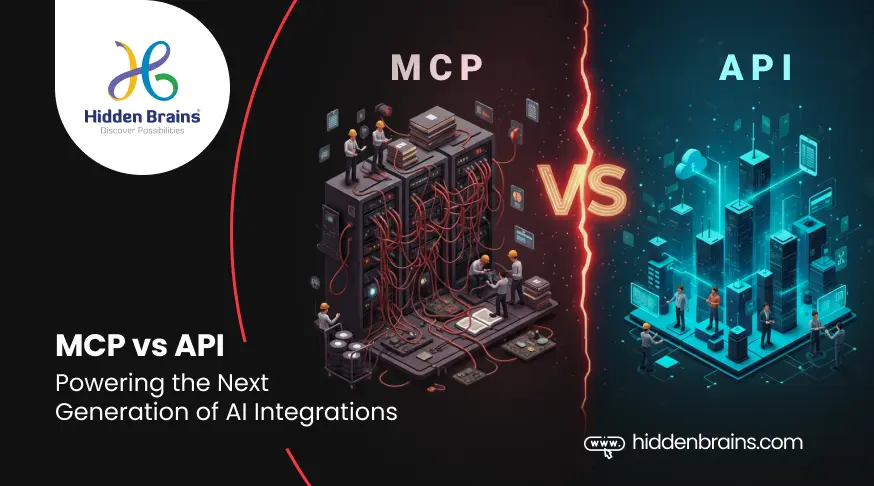For many years Virtual reality has been overlooked and underdeveloped. There are several reasons due to which Virtual reality failed to gain market traction since 1990s. Less computational power was one of the primary reasons for the failure.
However, times have changed.
Technology evolution is helping manufacturers and developers to reshape Virtual Reality with smartphone technology & systems. Virtual reality (VR) software is becoming more and more sophisticated as users are able to interact with the virtual environment through multiple senses. Our minds and bodies begin to experience the virtual environment and consider it as real.
Some predict the virtual reality hardware and software market will reach the $70 billion mark by 2020. It is just about the right time to partner with a virtual reality app development company to ride on the new wave of change.
Virtual reality (VR) is gaining business relevance and transforming each and every aspect of life. While there is buzz about consumer VR applications, several industries are transforming business operations with virtual reality implementation. Virtual reality is no longer just an emerging technology, rather now dominating technology ecosystem. This technology is impacting industries far and wide, ranging from healthcare and education, retail and commerce. The strongest demand for virtual reality comes from creative industries. Entertainment technology solutions specifically, gaming, live events and video entertainment will find extensive applications in industries.
Let us find out real-world implementation of Virtual Reality in different industries.
Virtual Reality in Healthcare
There are several reasons which are challenging the conventional healthcare methods. Factors such as increasing costs of healthcare, aging population and scarcity of trained physicians are forcing healthcare providers to use the power of technologies to overcome challenges.
Virtual reality is opening up a world of opportunities for healthcare organizations allowing them to explore inexpensive alternatives to conventional medical treatments. VR’s unique ability is to create immersive simulations to improve efficiency. Virtual reality uses different elements of technologies such as video, text, messaging and others to deliver healthcare services in such way that does not relate to time or location.
Training of health professionals is among the most immediate and important application of virtual reality. Several healthcare professionals and trainers are exploring VR to enhance traditional healthcare-related education instead of just focusing on lecture or textbook-based learning.
Virtual reality development solutions are gaining prominence in different areas such as rehabilitation, mental health therapy and more. For instance, in order to treat phobia, VR system comes across as a cost-effective solution compared to treatment offered in real world.
Virtual Reality in Education
Gone are the days when education was restricted to books and just theoretical sessions. In today’s world, education is all about creating engaging learning experience for students. With advancement in technology, educators are looking for different methods to transfer knowledge in effective manner.
Virtual Reality (VR) seems to be the natural progressive step for the evolution of education and the way learning is imparted. VR can completely transform the way educational content is delivered. Whether it is classroom or corporate, virtual reality technology solutions works towards creating a virtual world — real or imagined — and allows users to immerse in and gain full understanding of the topic such as world sites, historical events, as well as topics related to geography, history, or literature by offering a deeply immersive senses of place and time..
VR offers the power of scalability and make learning more dynamic. A relatively small VR device can even act as the entire City of New York. Simply imagine geography lessons where you can visit any place on the globe — this type of experience is far more exciting compared to just reading about it.
In the corporate world, virtual reality application development is being used in different industry verticals such as manufacturing, shipping, and other industries. In such industries that rely on using heavy machinery and manual labor, on-the-job training is often expensive and risky part of life. Virtual reality can play a key role in these industries.
Real Estate
Real estate is an industry that is constantly innovating with technology for continued success. One technology that is creating waves in the real estate industry is virtual reality application development. Virtual reality is helping agents to visit several home in a shorter period of time, increasing sales efficiency and interacting with more potential buyers.
VR allows real estate agencies to interact with its customers and tell a story like never before, as never before. VR technology solutions can be integrated into the existing platforms — all while increasing sales efficiency and without having to hire more staff.
One of the most important applications is guided virtual visits which provide 360-view of existing properties. For under construction properties, VR will provide views for unfinished projects like never before. The combination of 360-degree photography along with other elements such as video footage and 3D renderings can trigger an emotional response.
Finally
With the rapid technology changes and proliferation of devices, virtual reality is the technology of the future. Industries such as retail, real estate, enterprise solutions providers, healthcare, and education should look to leverage this new technology to stay ahead of the game.
The real life implementation of VR is redefining several industries. Enterprise adoption of VR would also mean the introduction of a massive opportunity. The applications can range from face-to-face meetings to virtual walkthroughs. Technology could impact bottom line results, client satisfaction and service delivery.






























































































![Sales & Distribution [Oil & Gas] Sales & Distribution [Oil & Gas]](https://www.hiddenbrains.com/blog/wp-content/themes/blankslate/assets/images/sales_and_distribution-icon.74d08193.svg)

![Fluid Terminal Management [Oil & Gas] Fluid Terminal Management [Oil & Gas]](https://www.hiddenbrains.com/blog/wp-content/themes/blankslate/assets/images/fluid_terminal_management-icon.4b3a27a4.svg)































![Sales & Distribution [Oil & Gas] Sales & Distribution [Oil & Gas]](https://www.hiddenbrains.com/blog/wp-content/themes/blankslate/assets/images/sales_and_distribution-icon.74d08193.svg?1.0.0)
![Fluid Terminal Management [Oil & Gas] Fluid Terminal Management [Oil & Gas]](https://www.hiddenbrains.com/blog/wp-content/themes/blankslate/assets/images/fluid_terminal_management-icon.4b3a27a4.svg?1.0.0)
























































































































































































